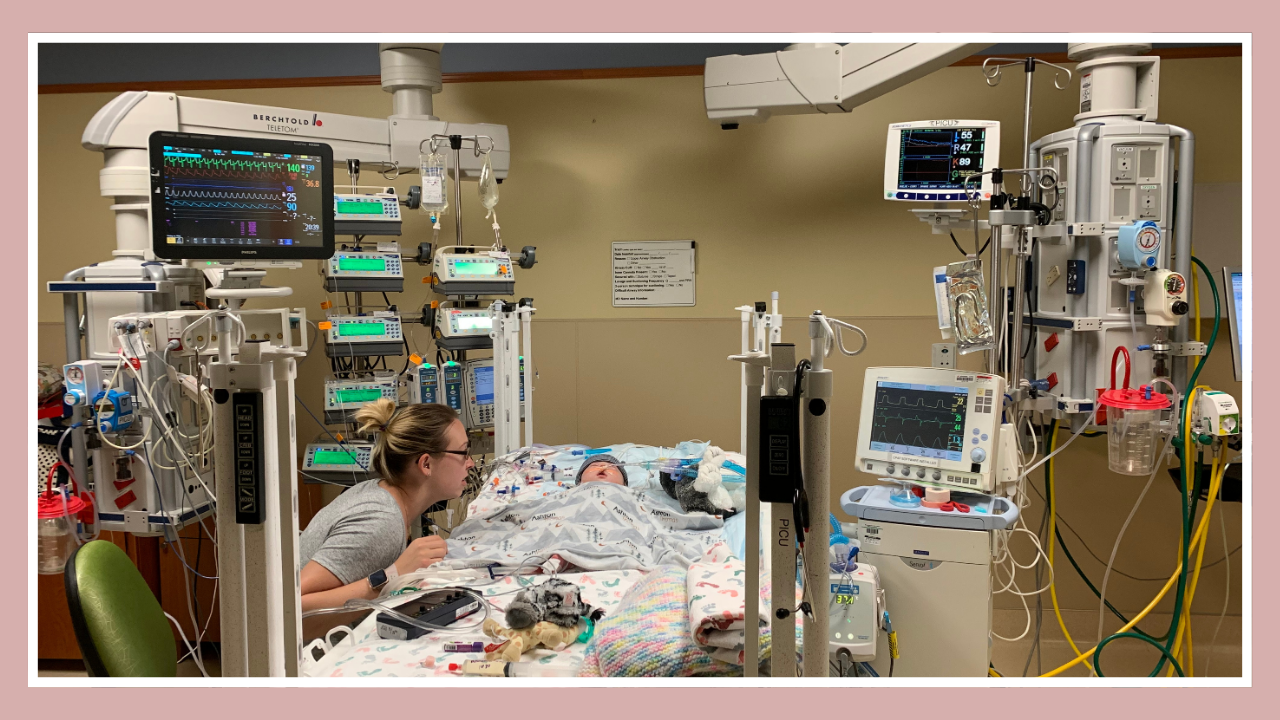
Restoring Your Body: Overcoming Postpartum Nutrient Depletion
Jul 19, 2024The journey of pregnancy and childbirth is a remarkable experience, but it can also take a toll on a woman's body, particularly when it comes to nutrient levels. During this transformative period, your body works tirelessly to nourish and support the growing baby, often leaving you with depleted nutrient stores. As a new mom, it's essential to recognize and address this postpartum nutrient depletion to support your recovery and overall well-being.
Common Nutrients Depleted During Pregnancy and Breastfeeding
While every woman's experience is unique, there are certain nutrients that are commonly depleted during pregnancy and breastfeeding. Understanding which nutrients are at risk can help you take proactive steps to replenish your body's stores.
- Iron: During pregnancy, your body's iron requirements increase significantly to support the growth of the placenta and the baby's developing blood supply. Postpartum blood loss can further deplete iron stores, leaving many new moms at risk of iron-deficiency anemia.
- Folate (Vitamin B9): Folate plays a crucial role in the development of the baby's neural tube and is essential for cell growth and DNA synthesis. Inadequate folate levels during pregnancy and breastfeeding can lead to deficiency and potential complications.
- Calcium: The growing baby requires a substantial amount of calcium for bone development, often drawing from the mother's reserves. Insufficient calcium intake during pregnancy and postpartum can lead to nutrient depletion and potential bone health issues.
- Iodine: This essential mineral is vital for proper thyroid function and the baby's brain development. Iodine deficiency during pregnancy and breastfeeding can have negative impacts on both the mother and child.
- Omega-3 Fatty Acids: These essential fatty acids, particularly DHA (docosahexaenoic acid), are critical for the baby's brain and eye development. During pregnancy and breastfeeding, the mother's omega-3 stores can become depleted, potentially affecting cognitive function and mood.
Strategies for Replenishing Nutrient Stores
Addressing postpartum nutrient depletion is crucial for your recovery, energy levels, and overall well-being. Here are some effective strategies to help replenish your body's nutrient stores:
- Prioritize Nutrient-Dense Foods: Focus on consuming a variety of nutrient-dense foods, such as leafy greens, fruits, lean proteins, whole grains, nuts, and seeds. These foods are rich in essential vitamins, minerals, and antioxidants that can help replenish your depleted stores. Inside "The Postpartum Shift" you'll learn how to build your plate in a balanced way and adjust it for your unique needs postpartum. There is a macro guide included that teaches you how to balance your plate with enough protein, fat, and fiber and recommended guidelines and ranges. Plus, guides and training to help organize and strategize your meal planning process.
- Consider Supplementation: While a balanced diet should be the primary source of nutrients, supplementation may be necessary in some cases. Consult with your healthcare provider or a registered dietitian to determine if you need supplementation and the appropriate dosages for your specific needs.
- Stay Hydrated: Adequate hydration is essential for nutrient absorption and overall health. Aim to drink plenty of water and other fluids throughout the day to support your body's recovery and milk production (if breastfeeding).
- Prioritize Rest and Self-Care: The postpartum period can be physically and emotionally demanding, making it crucial to prioritize rest and self-care. Adequate sleep, stress management, and gentle exercise (when cleared by your healthcare provider) can support your body's ability to replenish and heal.
- Seek Professional Support: If you're experiencing persistent fatigue, mood changes, or other concerning symptoms, don't hesitate to seek guidance from your healthcare provider or a registered dietitian. They can help identify and address any underlying nutrient deficiencies or potential health concerns.
Recognizing and addressing postpartum nutrient depletion is essential for your overall recovery and well-being. By incorporating nutrient-dense foods, considering supplementation when necessary, staying hydrated, prioritizing rest and self-care, and seeking professional support, you can replenish your body's stores and ensure a smoother transition into motherhood.







